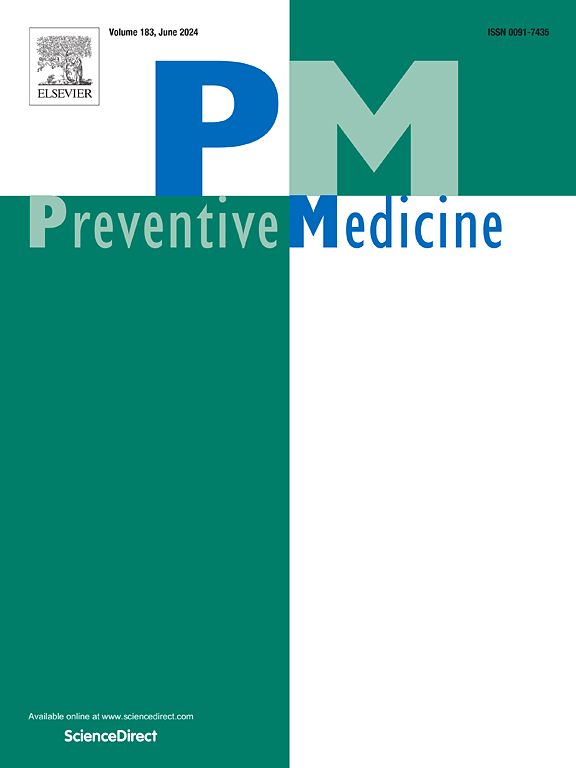Secular trends of physical fitness in Austrian children attending sports schools: An analysis of repeated cross-sections from 2006 to 2023
IF 4.3
2区 医学
Q1 MEDICINE, GENERAL & INTERNAL
引用次数: 0
Abstract
Background
Physical fitness (PF) offers numerous physical and mental health benefits, especially during childhood. Previous studies investigating trends in children's PF over the years reported contradictory findings.
Objective
To identify and analyse secular trends in PF among Austrian schoolchildren from 2006 to 2023.
Method
A repeated cross-sections design was used to examine the PF of children enrolling in sports schools between 2006 and 2023. During this period, a standardized eight-item motor performance testing battery was administered yearly to capture markers of strength, speed, endurance, agility and reaction time in Austrian schools.
Results
A total of n = 3827 children (996 girls) with a mean age of 9.9 ± 1.0 years were included. Linear mixed models indicated significant declines in sprint performance (5, 10, 20 m), tapping, jump (long jump and drop jump), throwing (medicine ball), and agility (snake run). No changes were observed in cardiorespiratory fitness (8 min run) or reaction time.
Conclusion
There has been a steady decline in PF among Austrian children attending sports schools. This finding underscores the need for enhanced PF monitoring and training in schools to improve public health outcomes.
奥地利体育学校学生体能的长期趋势:对 2006 年至 2023 年重复横截面的分析。
背景:体能(PF)对身心健康有诸多益处,尤其是在儿童时期。以往对儿童体适能趋势的调查报告结果相互矛盾:确定并分析 2006 年至 2023 年奥地利学龄儿童体适能的长期趋势:方法:采用重复横截面设计,研究 2006 年至 2023 年体育学校入学儿童的 PF。在此期间,每年在奥地利学校进行一次标准化的八项运动表现测试,以获取力量、速度、耐力、敏捷性和反应时间等指标:结果:共有 n = 3827 名儿童(996 名女孩)参加了测试,他们的平均年龄为 9.9 ± 1.0 岁。线性混合模型显示,儿童的短跑成绩(5 米、10 米、20 米)、拍击、跳跃(跳远和跳高)、投掷(药丸)和敏捷性(蛇形跑)明显下降。心肺功能(8 分钟跑步)和反应时间均无变化:结论:在体育学校就读的奥地利儿童的肺活量持续下降。结论:在奥地利体育学校就读的儿童的体能持续下降,这一发现强调了在学校加强体能监测和训练以改善公共卫生成果的必要性。
本文章由计算机程序翻译,如有差异,请以英文原文为准。
求助全文
约1分钟内获得全文
求助全文
来源期刊

Preventive medicine
医学-公共卫生、环境卫生与职业卫生
CiteScore
7.70
自引率
3.90%
发文量
0
审稿时长
42 days
期刊介绍:
Founded in 1972 by Ernst Wynder, Preventive Medicine is an international scholarly journal that provides prompt publication of original articles on the science and practice of disease prevention, health promotion, and public health policymaking. Preventive Medicine aims to reward innovation. It will favor insightful observational studies, thoughtful explorations of health data, unsuspected new angles for existing hypotheses, robust randomized controlled trials, and impartial systematic reviews. Preventive Medicine''s ultimate goal is to publish research that will have an impact on the work of practitioners of disease prevention and health promotion, as well as of related disciplines.
 求助内容:
求助内容: 应助结果提醒方式:
应助结果提醒方式:


